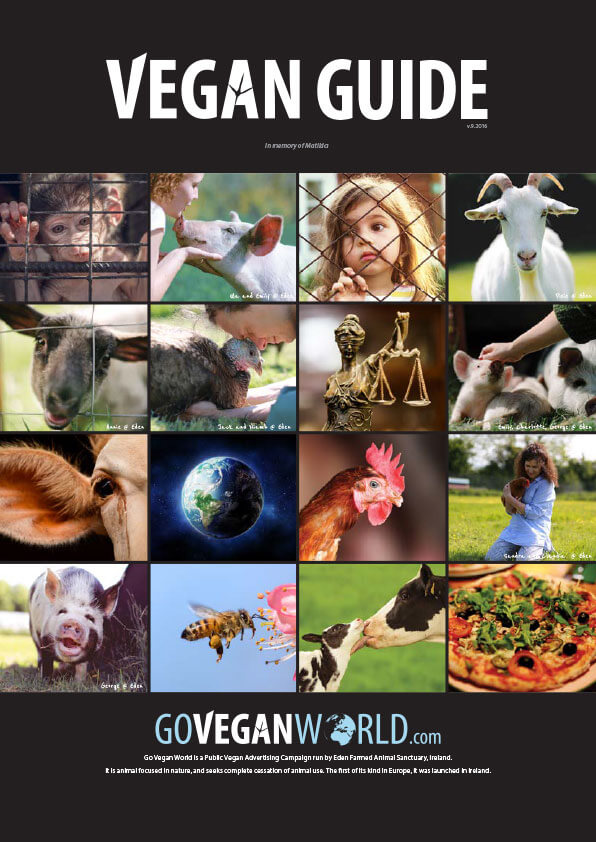Becoming Vegan
Going vegan is easy, particularly so for those of us living in the Western World.

There is a fair and just alternative for every harmful animal use.
There is no need to feel deprived as a vegan. Plant based food, clothing, and cosmetics are every bit as gratifying as non vegan items. There are options ranging from the cheap and cheerful to the luxurious. The only things we have to give up are the products that are not ours to take in the first place; the products that cause nothing but suffering, deprivation and the absence of joy and peace for others.
There are so many plant-based alternatives to animal foods, that it is not recommended that vegetarianism is used as a transition phase to going vegan. It is best to eliminate all animal use as soon as is practically possible.
It may seem daunting to radically change what (or who) you eat, wear and use but once you embrace the fact that other animals are of equal moral significance to us, who value their lives as much as we value ours, your motivation to stop using them will help you be vegan.
If you think that being vegan is difficult, imagine what it is like when you go on holiday to another country. For the first few days everything seems unfamiliar and strange. The food is different, the temperature is different, the language and culture are different. It can all feel a bit strange. But after a few days we adjust, and things become more familiar, and enjoyable. Even on a short holiday, new habits can form fairly quickly and easily. Going vegan is just like that. It helps if we remain open and willing to change. This website will help you to get started.
Further information is available on the following pages:
Diet
The greatest harm caused to other animals is by our use of them as food. So, although veganism is much more than a diet, one of the most significant changes to your life when you go vegan will concern what you eat.
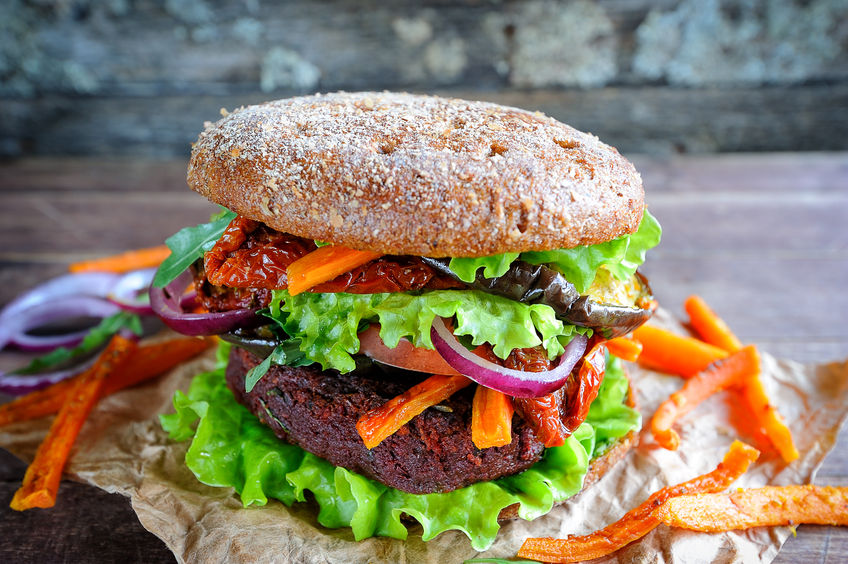
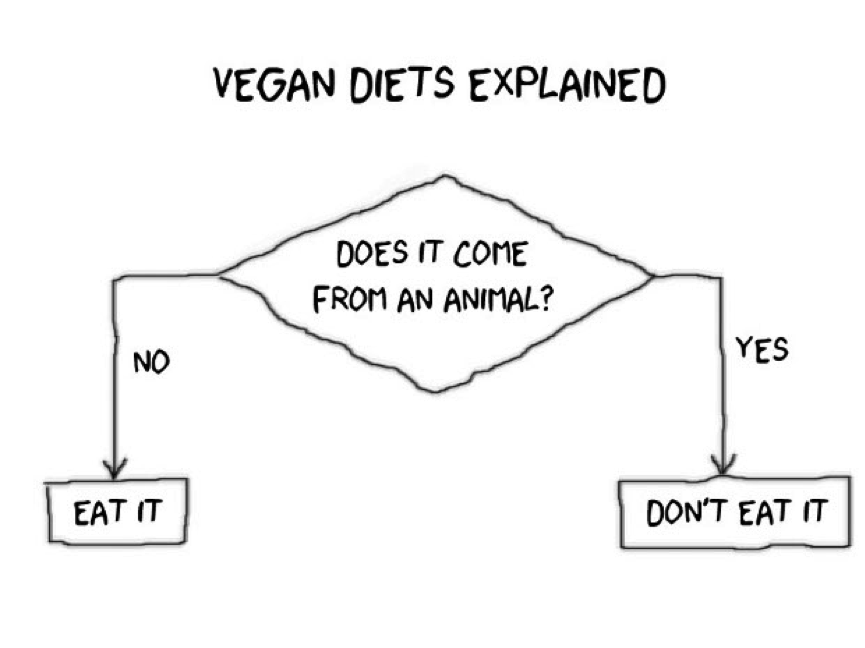
What is a vegan diet?
What foods do vegans avoid?
Let’s begin by looking at what vegans do not eat. They do not consume anything of animal origin. They do not eat animal flesh, including the flesh of fishes or chickens; they do not consume eggs (or foods that contain egg ingredients such as some confectionery, non-vegan mayonnaise, some biscuits, cakes and deserts; and many processed vegetarian foods). Vegans do not consume dairy products (i.e. milk and milk products such cheese, yogurt, ice cream, milk chocolate etc). This includes avoidance of dairy products made from the milk of sheep and goats. Vegans also avoid honey.
What do Vegans Eat?
Vegans eat plants. Although a vegan diet is frequently caricatured as being comprised of raw vegetables and salads, in fact it can be more varied, palatable and satisfying than a non-vegan diet.
Vegans eat much the same as non-vegans, but their meals are 100% plant based. They eat ‘veganised’ versions of bread, breakfast cereal, soup, sandwiches, curry, spaghetti bolognese, lasagne, casserole, chocolate, cake, ice cream etc. Many of the recipes that people are already familiar with are vegan. They include traditional British, Irish, Italian, Indian, Chinese, and Mexican dishes.
If your favourite food is not vegan then it is not food. It was a sentient life. However, with a little creativity you can create the same taste minus the violence. Investigate and experiment with vegan versions of your favourite recipes. Check our Product Guide and Recipes Page and our Vegan Kit for ideas and information on vegan substitutes for meat, eggs, cheese, milk, yoghurt, confectionery, luxury ice creams and chocolates.
How do I know it’s vegan
The easiest way to ensure that your diet is 100% plant based is to eat wholefoods. This is also the healthiest way to eat. However, many people choose to include processed foods in their diet. If you are one of them, you need to become an avid label reader. Animal ingredients are frequently hidden in processed food. The most significant ones to watch out for are whey, lactose, egg white, preservatives and colours that are not derived from plants. Remember that animal ingredients sometimes lurk in drinks such as alcohol and orange juice (fortified juices may contain fish oils; some juices are dyed using insects).
Allergy labels can be helpful alerts as to the contents of processed food.
Food that is labelled vegetarian may, or may not, be suitable for vegans. Eggs and dairy are acceptable to vegetarians, but not to vegans.
You can download a guide to vegan friendly alcohol here.
Some products carry the Vegan Society Trademark. You can also search for products that carry the trademark here and in our Products Guide.
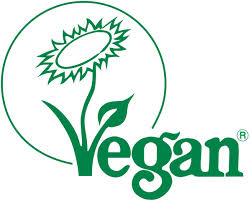
Remember that many items that are not labelled vegan are suitable for vegans. You need to read the label.
There are also some useful books and websites that you can use to help you identify 100% plant based foods, such as this one. You will soon become increasingly familiar with identifiying animal ingredients on food labels. You might also find it helpful to write to your supermarket for a list of their vegan products. Some of the Suitable for Vegans Products Lists are included in our Vegan Guide. There are also some Facebook Groups where people post useful information and queries about products that are suitable for vegans. Many other websites have very comprehensive information on vegan products. You will find some of them in the Resources Section. Social media groups that help identify products that are suitable for vegans might help you or you might find it helpful to find a vegan mentor who has experience of the lifestyle.
Don’t be afraid to ask questions. Most people will be delighted to help.Your questions are not ridiculous. Every vegan had questions in the initial stages. Asking questions demonstrates your commitment to living in alignment with your ethics.
Please see the Section on Nutrition and the Resources section for further information.
Clothing & Footwear
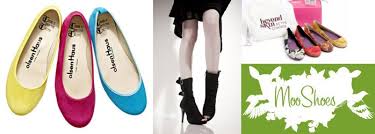
Other animals’ wool, fur, skin (leather), feathers or bodily secretions (silk) are used to produce clothing and other items such as furniture, bedding and fashion accessories. Morally, there is no difference between using someone for their flesh and using them for their skin.
Some of these items are not just by-products of the slaughterhouse. Down feathers, for example, are obtained by plucking living ducks and geese, causing them pain and distress. Animals used for their fur are caged, frequently skinned alive, and suffer brutal deaths.
Synthetic clothing, footwear, bedding, furniture covering and fashion accessories are widely available. They are as aesthetically acceptable, warm, comfortable, and affordable as non-vegan items.
Just as people get used to reading food labels, vegans become adept at reading the labels on fashion items. The leather logo, for example, is easily recognised.

Most shops carry ranges that are suitable for vegans. Online stores that specialise in vegan alternatives are also a useful way to shop.
Vegans do NOT wear:
- Wool (mohair, cashmere, lamb’s wool, alpaca wool, angora, astrakan etc)
- Feathers (down used in clothing, bedding etc.)
- Silk
- Skin (fur, leather, suede, etc)
- Other animal products
Vegans DO wear:
Natural & Synthetic fibres including:
- Cotton
- Linen
- Nylon
- Viscose
- Polyester
- Rayon
- Microfibre
- Bamboo
- Hemp
- Jute
- Pleather
- Satin
- Suedette
- Tencel/Eucalyptus
Furniture/Car seats etc
Animal skin is often used to cover furniture, on car seats, and on seats in public transport vehicles. Animal skins and their wool are also used in carpets and rugs.
Living as a vegan means ending our role in the use of products and practices that are predicated on the exploitation of others, to the best of our practical ability. It may not be practical for you to change your car right now, or to purchase new furniture. But next time you purchase an item, make sure that it does not exist because someone else lost their life in its production.
Intersectionality
It is useful to remember that many humans are exploited in the production of consumer goods such as clothing. Many vegans choose ethical brands that do not exploit others. It is also important to remember the destruction of our shared environment in the production of clothing, furniture, transport etc. At every turn we take, we are confronted with advertising for products that promise happiness, confidence, security, and pleasure. Many of the items we purchase are unnecessary. Some people fritter away all the hours of their precious lives, working for things they don’t need that also harm others. The best way to do the least harm is to be vegan first, and then simply consume less. You can also buy some great second hand items.
Personal Care & Cosmetics
Vegans do not use personal care products, cleaning products, or cosmetics that have been tested on non humans or that contain animal ingredients. Check our Product Guide for more information.
How do I know if a product is suitable for vegans?
Reading the label will tell you a lot about the suitability of the item. Check with individual companies for their policy on animal testing and their use of animal ingredients in their products. Write and ask for their list of vegan friendly products.

‘Cruelty Free International’ using the logo above, commonly known as the ‘Leaping Bunny’ is universally recognised as meaning that the product has not been tested on animals. However, this label alone cannot be taken as confirmation that the product does not contain animal ingredients.
For this reason, we should also look for labelling that clearly marks products as Suitable for Vegans or Vegan Friendly or that are confirmed by manufacturers to comply with the definition of veganism. Many shops have own brand labels that carry both the Leaping Bunny and Suitable for Vegans logos.
It is widely publicised that animal testing is no longer a legal requirement in Europe, however it should be noted and understood that large companies with a multinational consumer base are legally required by some countries to carry out testing before their products may be marketed.
It is, however, relatively easy to find inexpensive products in most major supermarkets.
Cosmetics
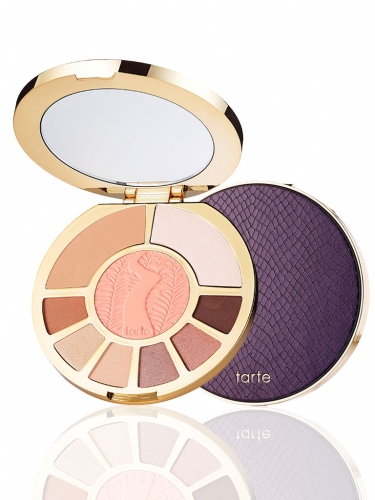
- Arbonne
- Bellapierre (some products are vegan)
- Tarte Cosmetics
- ELF
- Everyday Minerals
- Beauty without Cruelty
Personal Care
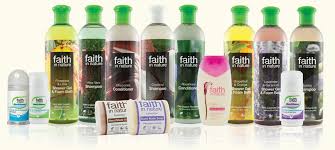
- Faith in Nature (most products are vegan)
- Lavera
- Kingfisher Toothpaste
While some of these products are very nice, they are often considerably more expensive than own brand vegan items from stores such as Co-op or Superdrug.
Cleaning & Household Products

- Astonish
- Some supermarket own brands may be suitable.
- Ecoleaf
- Bio D
- Lilly’s Ecoclean
See the Products Guide for a more comprehensive list of the items on this page. Please check out the Suitable for Vegans Lists from Supermarkets. Please also search the internet as the range is continually updated.

